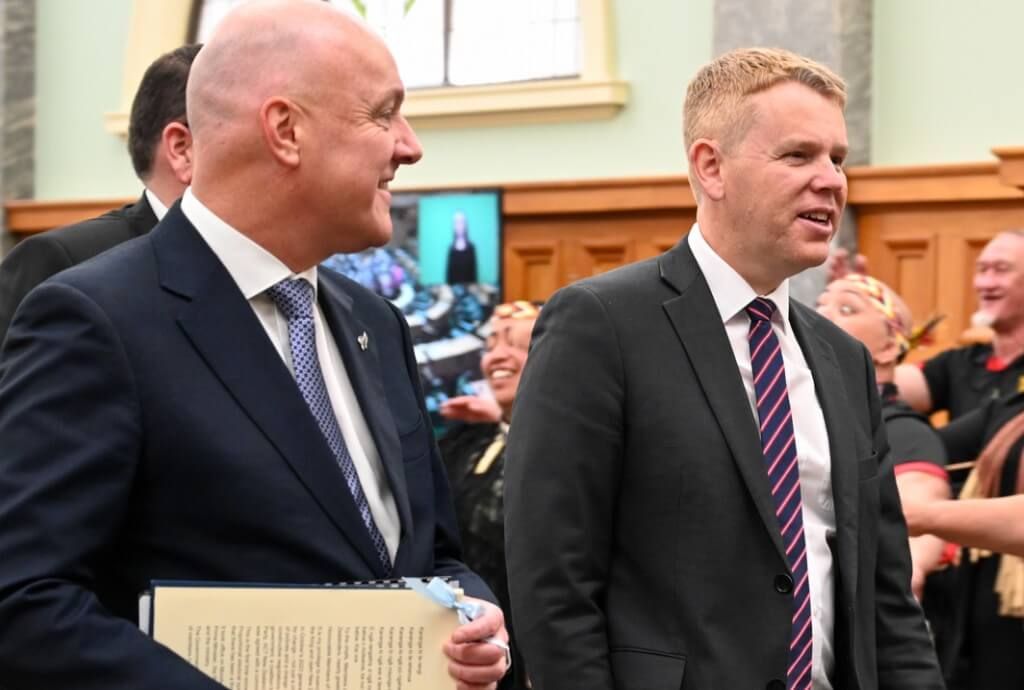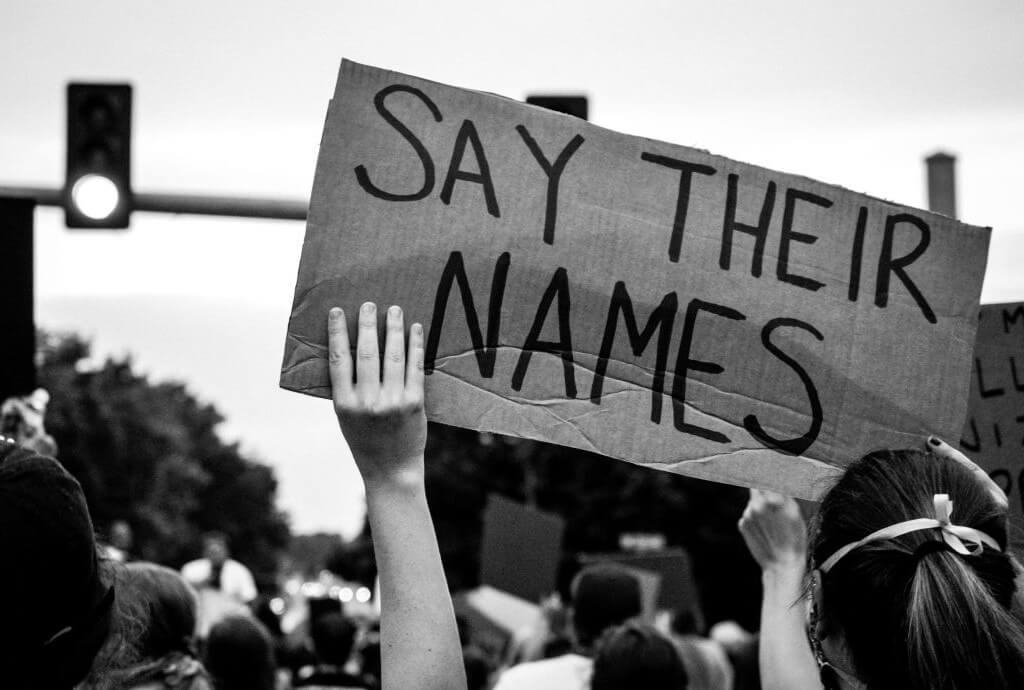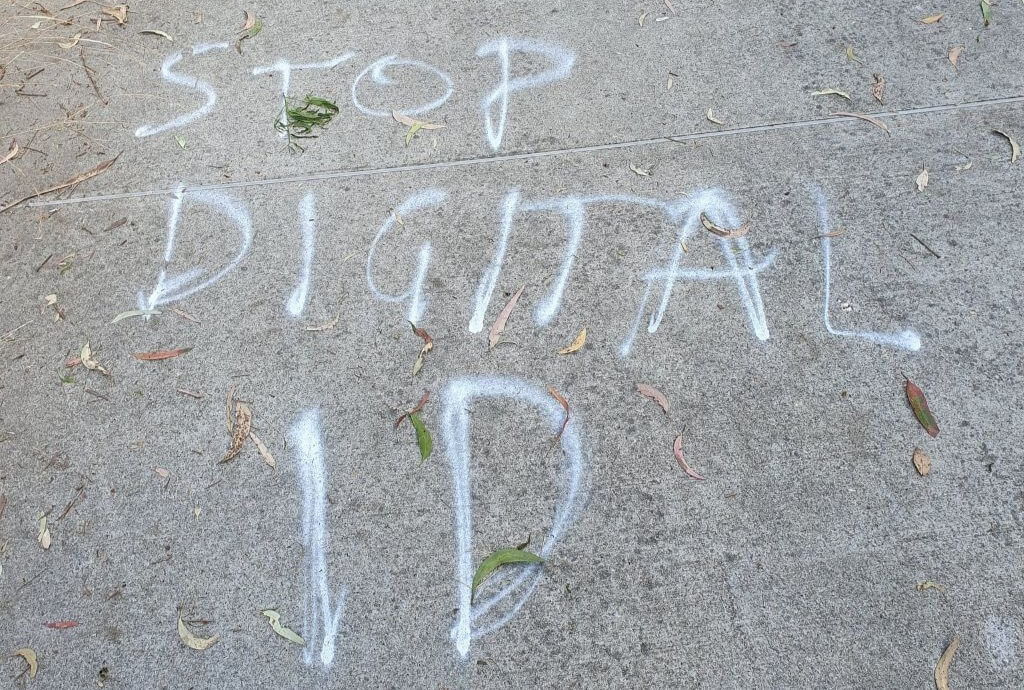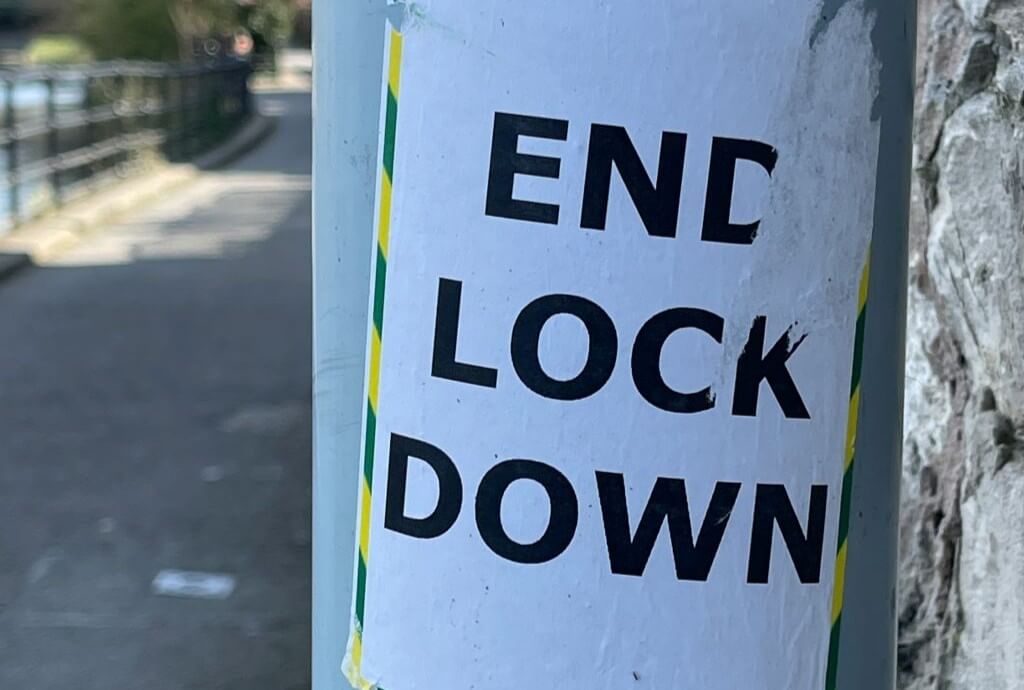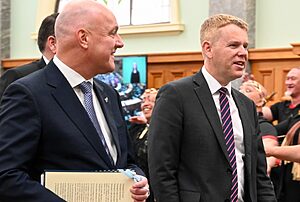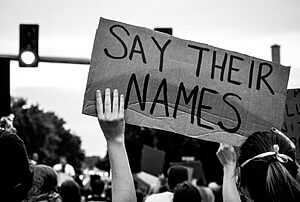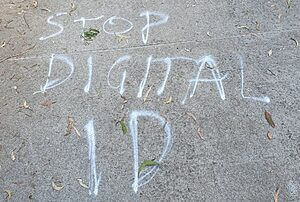Summarised by Centrist
A newly released WikiLeaks report exposes how the US Agency for International Development (USAID) has quietly pumped nearly USD $500 million (NZD $883 million) into a global media network, including links to New Zealand.
Critics say that this amounts to little more than the creation of state-funded propaganda and censorship under the guise of “saving democracy.”
The Internews Network (IN), a US government-funded NGO, has worked with thousands of media outlets and institutions worldwide––including in New Zealand (see here, here, and here, for some examples). Its entry into New Zealand’s media landscape came through the 2023 Back to News initiative with GroupM New Zealand, which funds and promotes “vetted” outlets like Stuff, NZME, Business Desk, Newshub, and 1News, sparking concerns over foreign influence in local journalism.
USAID has pushed nearly half a billion dollars ($472.6m) through a secretive US government financed NGO, "Internews Network" (IN), which has “worked with” 4,291 media outlets, producing in one year 4,799 hours of broadcasts reaching up to 778 million people and "training” over…
— WikiLeaks (@wikileaks) February 8, 2025
In 2023 alone, IN produced nearly 5,000 hours of broadcasts and trained over 9,000 journalists. IN also backs social media censorship initiatives, and it has deep ties to the Clinton Global Initiative and Democratic Party donors.
Internews, which claims to empower local media, has offices in over 30 countries, with regional headquarters in Kiev, Bangkok, and Nairobi.
CEO Jeanne Bourgault, a former USAID official, earns a USD $451,000 salary (NZD $797,000) and has been linked to US government operations in Russia and other geopolitical hotspots.
Public records show that over 95% of IN’s funding comes from the US government, and six subsidiaries—including one registered in the Cayman Islands—raise questions about financial transparency.
IN’s funding doubled after Trump’s 2016 victory, aligning with the intelligence community’s push to fight so-called “misinformation,” often targeting conservative voices.
Speaking at Davos, Bourgault urged global advertisers to prioritise funding “good news”—a move critics see as a call to defund alternative media while propping up left-wing corporate outlets like the BBC and Politico.
Image: Facebook

